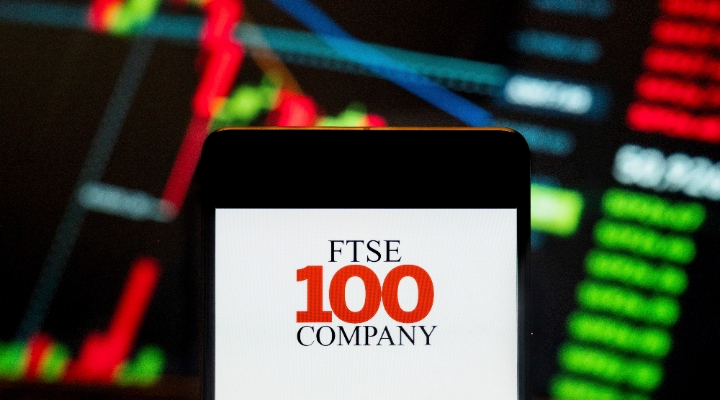
It’s not a new thing for a previously unheard of stock to suddenly soar for no discernible reason. This week we saw shares in struggling US electronics retailer GameStop surge. So what? Last year Tesla soared, Volkswagen’s share price once almost doubled in a single day, and anyone who follows the Alternative Investment Market will know it’s by no means unusual for a stock to triple in as many hours.
What’s different about GameStop? The Reddit factor. This time round the share tip has come through an online discussion forum, where a community of traders are egging each other on. Is this the equivalent of the cabbies’ share tip in the lockdown era, perhaps, or is it a sign of something else at play?
There’s been much talk in recent days about this marking the democratisation of investing; that the share price surge is an anti-Wall Street protest, and evidence that the Little Man has the power to move the market.
I have zero problems with any of that. But what does concern me is the growing army of people that are making investments – no, trades – with such little thought or research.
Having investment apps available at the touch of button, where trades can be made for pennies (or sometimes no charge at all), has undoubtedly helped to bring investment to the masses. These days, anyone with a hunch has the opportunity to make some money from it. But it’s too easy, isn’t it? Just as one-click online ordering has made us more flippant about purchases, one-tap trading has turned investing from something that requires a long-term view into a game, something to deliver instant gratification – and hopefully, an instant profit.
This is the gamification of investment, and it is worrying. Because funding our retirement is not a game. Growing our money to pay for a house deposit or a child’s university fees is not a game.
I’m not saying don’t trade, don’t buy GameStop or Nokia. But I am saying, do your research. And if you’re buying into a wave of euphoria, don’t bet your life savings on it.
Don't Fear the IFA
Seeing a financial adviser is one of to-do list items that quite often never gets done. Why? Well it’s awkward, isn’t it, discussing your finances with a complete stranger. Are they going to be judgemental that I’ve not saved more, you might wonder, or tell me there’s no hope and I’m destined to work until I die? How much do these IFAs charge anyway - is it worth it, couldn’t I just do it myself?
These are all valid questions and all reasons that so many people end up never getting professional advice on their finances. This week, my colleague James Gard, revealed his experience of seeing an IFA for the first time and – SPOILER ALERT – it wasn’t an emotionally scarring experience.
I’ve seen an adviser myself and had all of these same concerns. But I think a lot of them date back to “the old days” where IFAs were often about 90% salesman and 10% finance expert. These days, there’s an awful lot of regulation keeping everything above board – an IFA has to tell you how much their advice is going to cost, they have to explain what service they offer, and they have to give you the choice whether or not to do what they suggest.
Speaking to a stranger about money matters might seem thoroughly unBritish, but what dawned on me when I saw an IFA is that going through my pension statements and doing a “fact find” on me, was just his job – in the same way that a doctor asking about your symptoms and looking down your throat is just his job.
The IFA is not judging you, he is not going to go down the pub and talk to his mates about how rubbish your pension is, and he is not going to be offended if you never come back after that initial meeting. Once we get past those fears, there are few excuses left not to get on with it.
Caution Pays Off Too
I found it refreshing this week to hear from our reader who has been moving money into defensive funds. All too often we focus on the big growth stories in investment (ahem, GameStop) and forget to put our insurance policies in place for the bad times. Investing isn’t just about ramping up the risk to boost up returns, often it’s the low-key holdings that can prove the most valuable.
Anyone holding bonds during the worst of 2020’s March sell-off, for example, will have had a much smoother ride than those with 100% of their portfolio in the stock market.
In a week where one trading tale has dominated the headlines, it's worth remembering the importance of all the stuff that's not quite as sexy, but which can be relied upon for the long term.





























